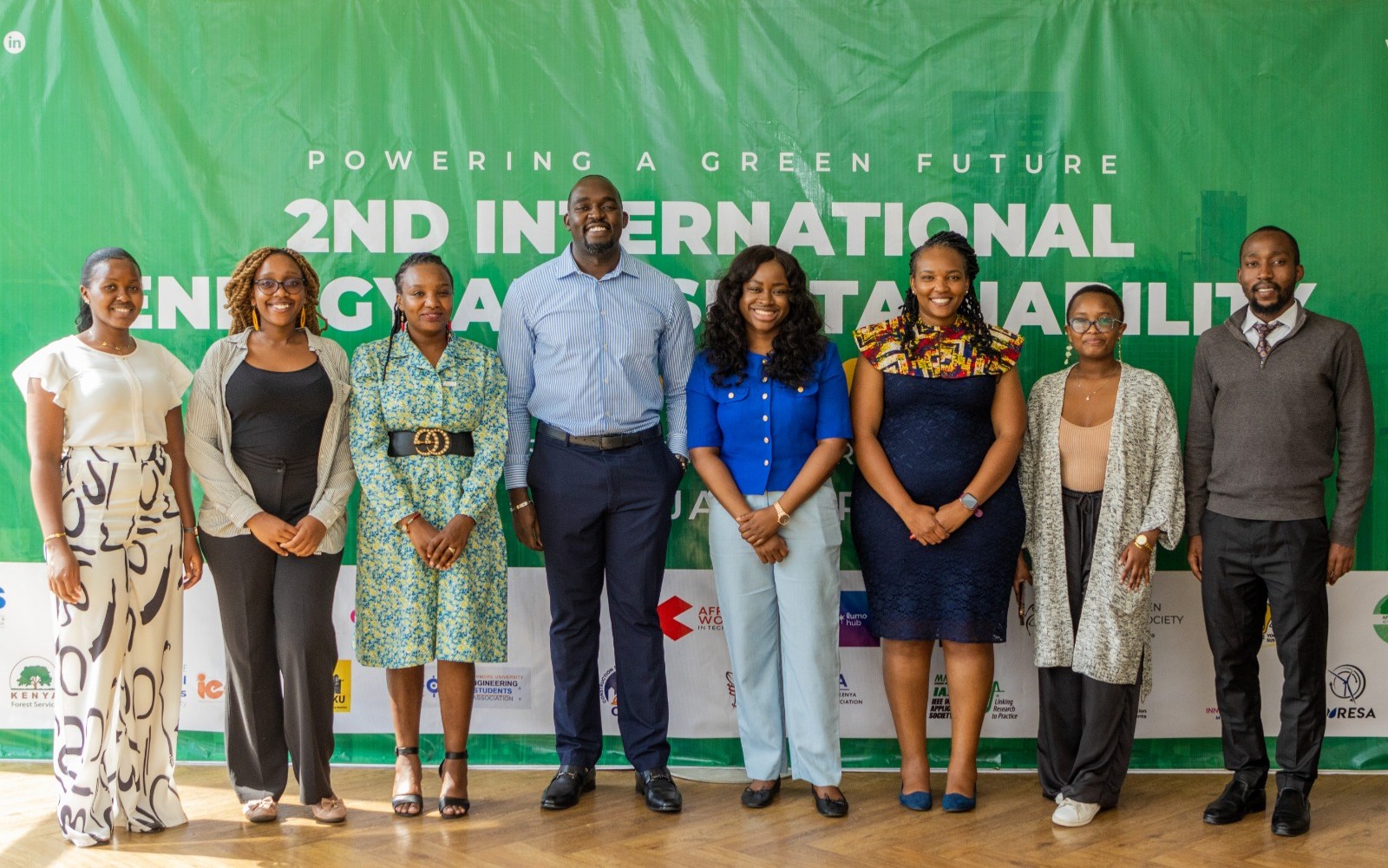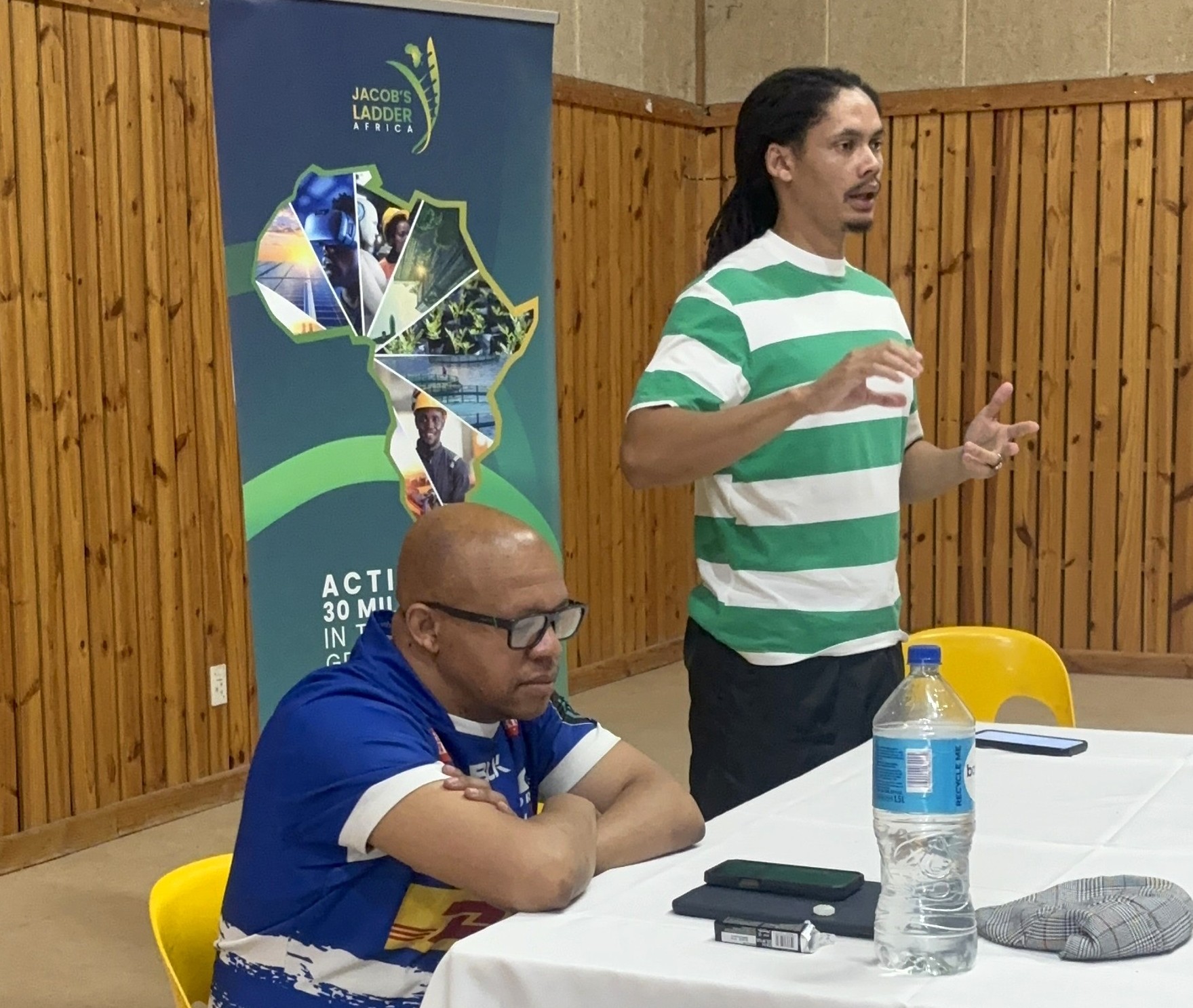The fight against climate change demands a united front, especially in Africa, a continent disproportionately affected by its consequences. To empower African citizens with knowledge and understanding, the Africa Climate Ambassadors Programme (ACAP), in collaboration with GIZ, has launched a groundbreaking initiative. This project leverages the expertise of 30 esteemed climate ambassadors to create and disseminate impactful multimedia content, breaking down complex climate issues for a wider audience.
These ambassadors, recognized industry leaders, will utilise their knowledge and communication skills to translate the outcomes of the Africa Climate Summit (ACS) and COP28 into clear and accessible language. This includes the Nairobi Leaders Declaration on Climate Change and Call to Action, a crucial document outlining Africa’s commitment to a sustainable future.
The project extends beyond mere information dissemination. It aspires to broaden the climate action conversation, delving into thematic discussions under the six ACAP pillars which are; Energy and Industrialization, Health and Sanitation, Agriculture and Land Use, Climate Finance, Creative Economy and Green Building, deepening understanding and equipping communities with the necessary skills to advocate for change.
With the goal of empowering through education, the project hinges on a two-phased approach. First, ambassadors undergo virtual training, equipping them with the skills to analyse, interpret, and translate complex climate agreements. They will learn to develop engaging multimedia content, such as infographics, videos, blog posts, and op-eds, tailored for dissemination through their established digital channels.
Phase two focuses on content creation. With technical resources and editorial guidance from the ACAP team, ambassadors will delve into the specifics of the ACS and COP28 outcomes. They will create content that resonates with Africans across the continent, highlighting the impact these agreements will have on various sectors – from agriculture and energy to infrastructure and economic development.
Climate change is a complex and often daunting issue. Facts and figures can bombard us, leaving us feeling overwhelmed and disengaged. This is where storytelling steps in, offering a powerful tool to connect with audiences on an emotional level and inspire action.
Humans are hardwired to connect with stories because they allow us to step into another’s shoes, understand their experiences, and feel their emotions. The rise of new media platforms like social media and video-sharing websites provides unprecedented opportunities to disseminate these narratives. Compelling videos, captivating photos, and interactive content can reach a wider global audience, sparking conversations and inspiring action.
And that’s exactly what ACAP and GIZ hope to achieve through this joint effort; to harness the power of storytelling and leverage new media, to create a more informed and engaged citizenry thereby empowering those most affected by climate change towards building a more sustainable future for all.






